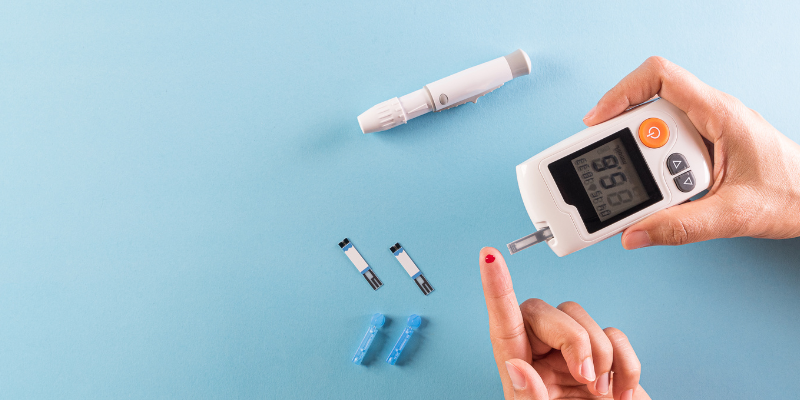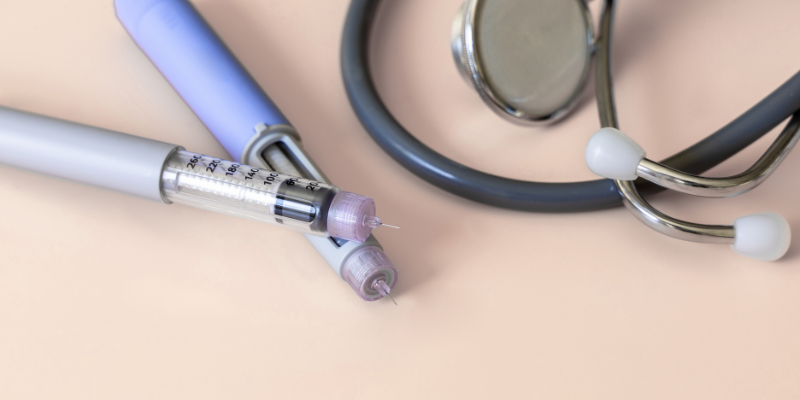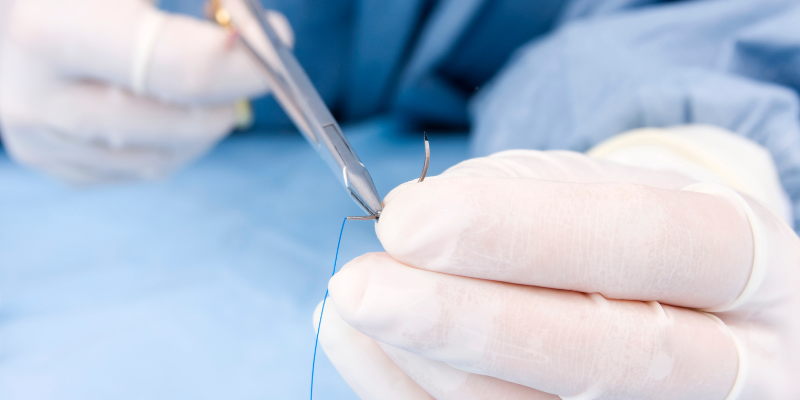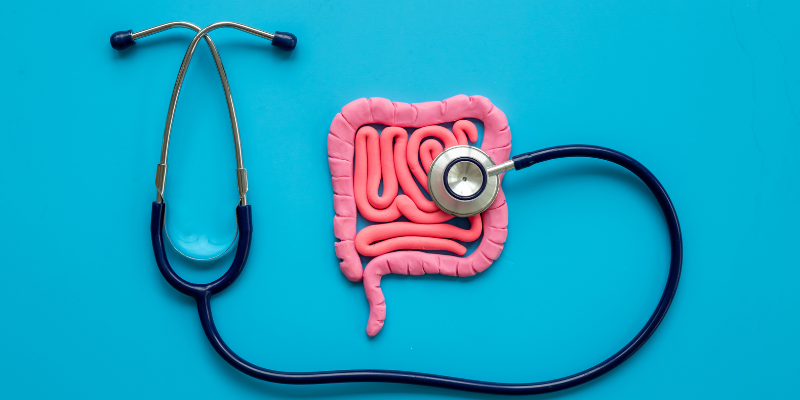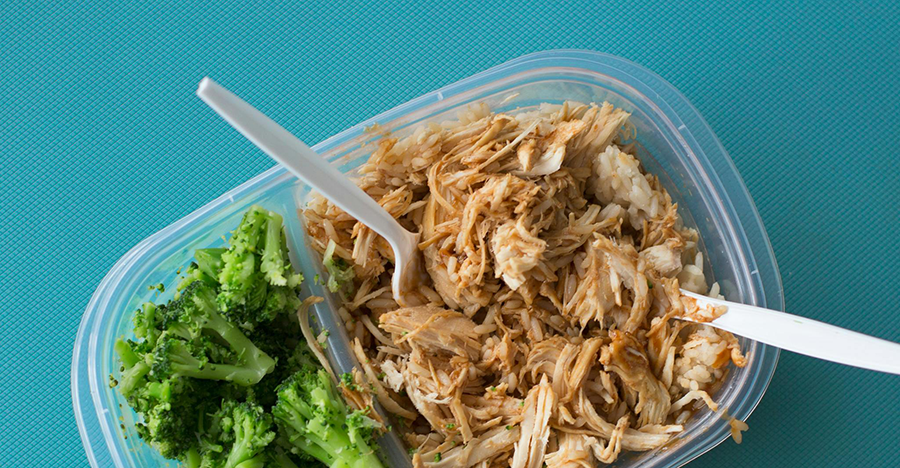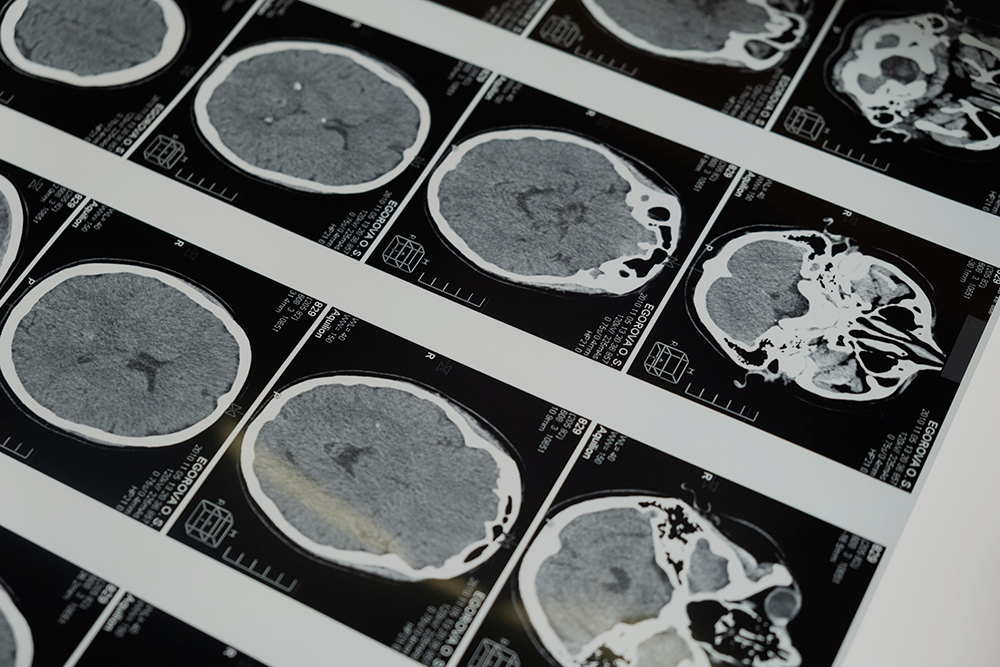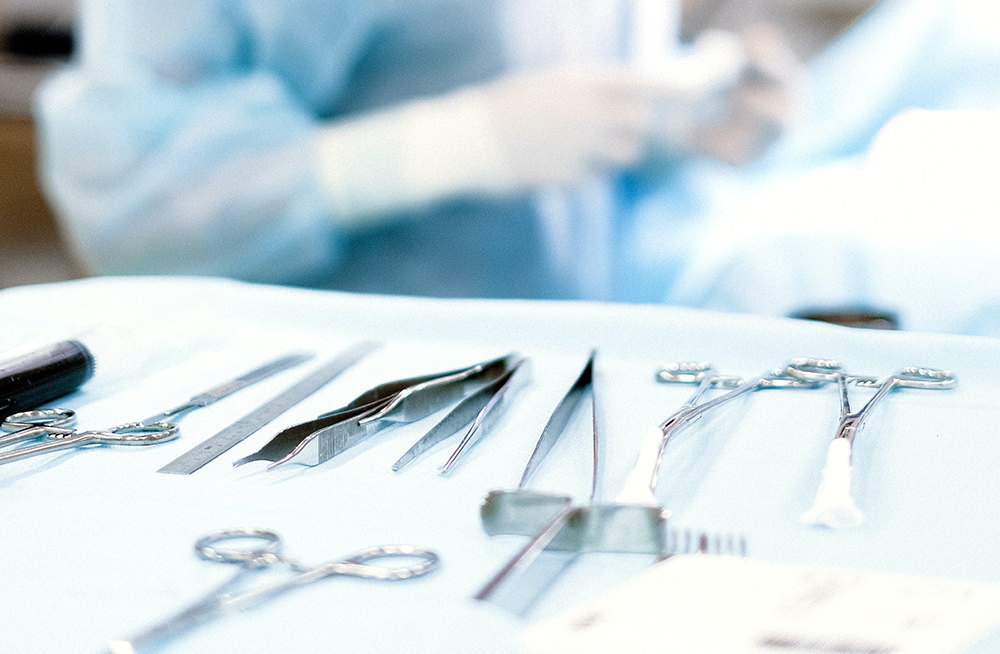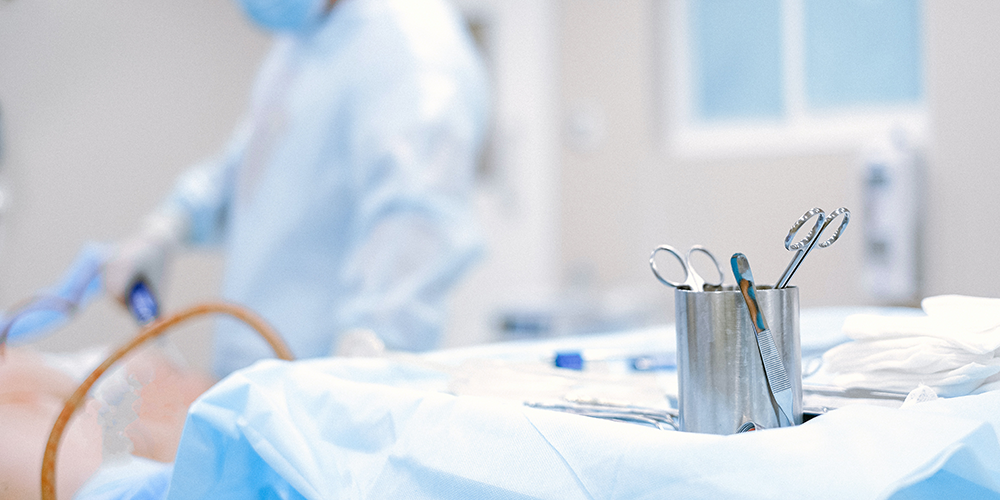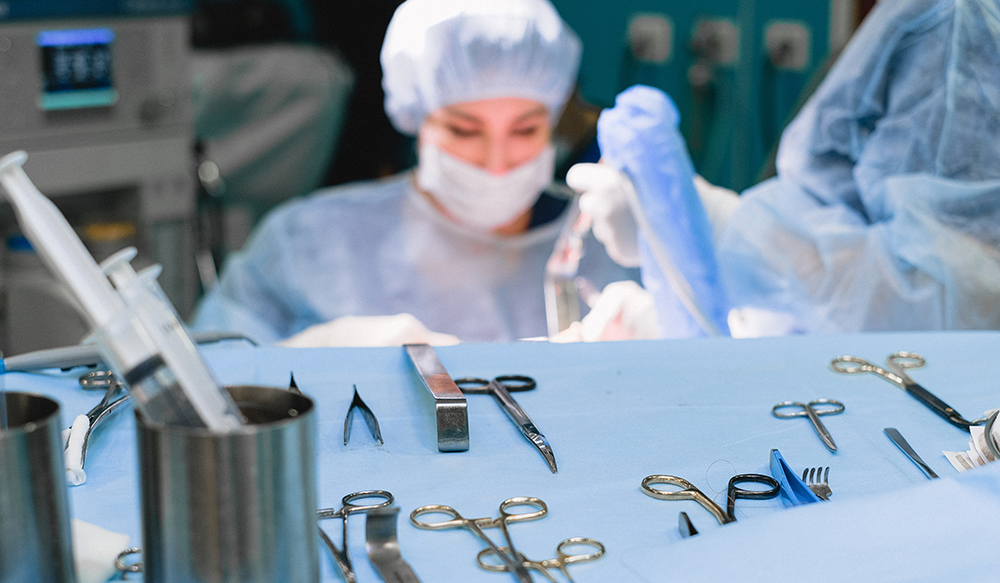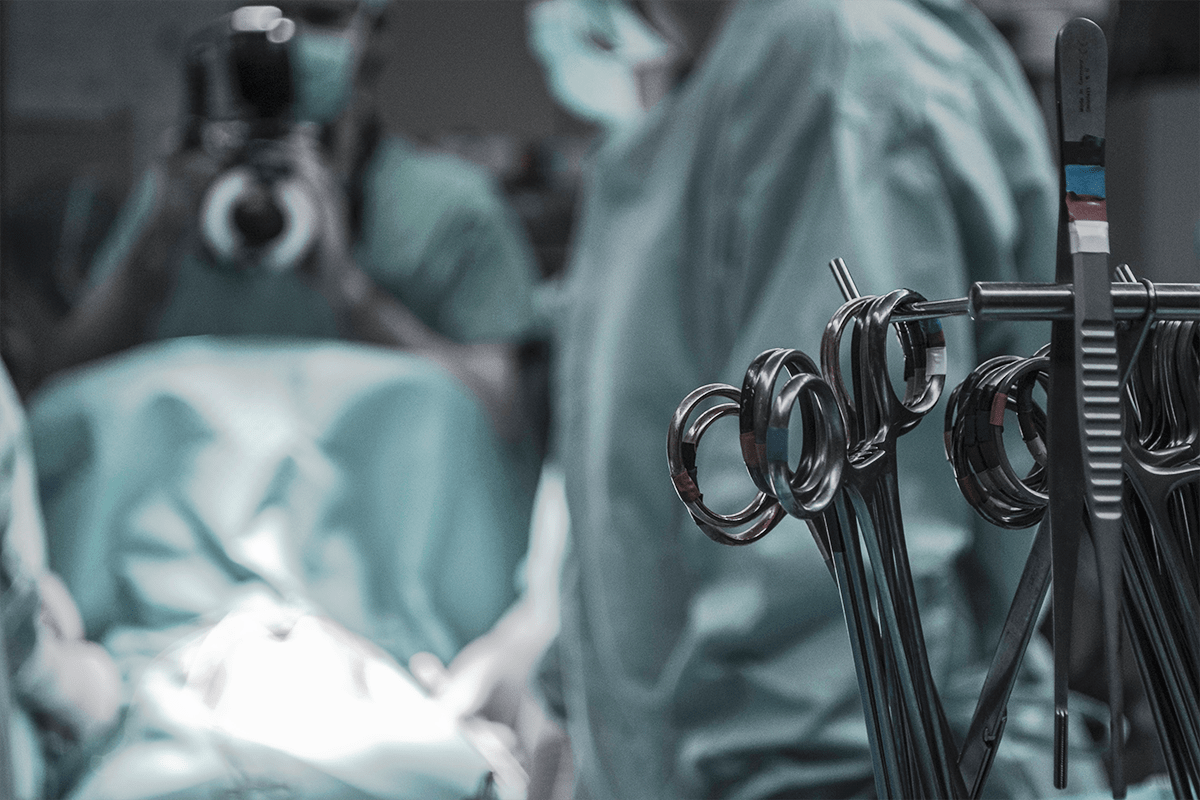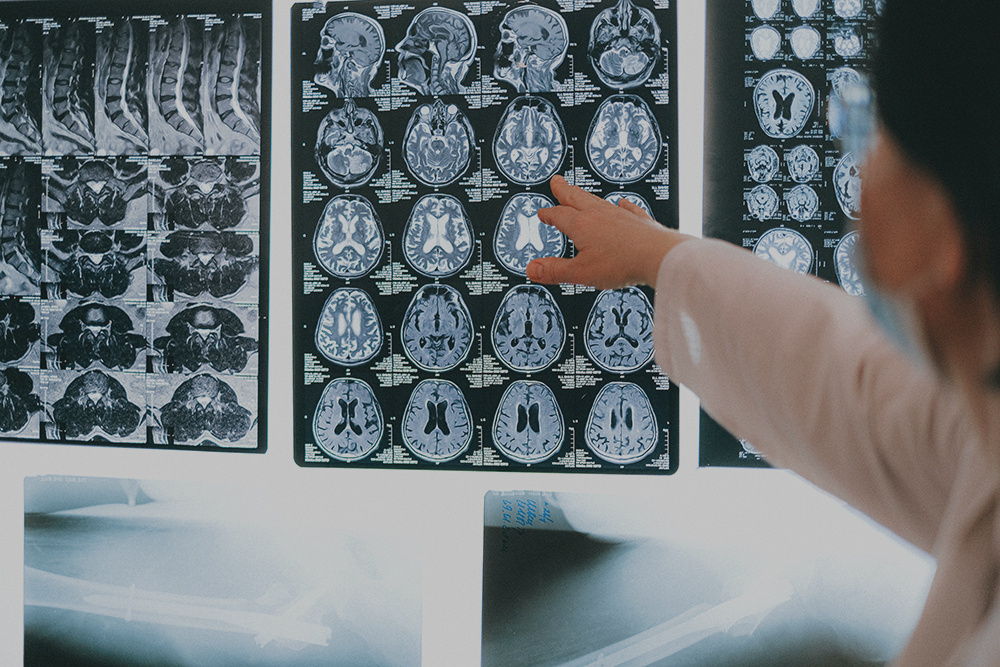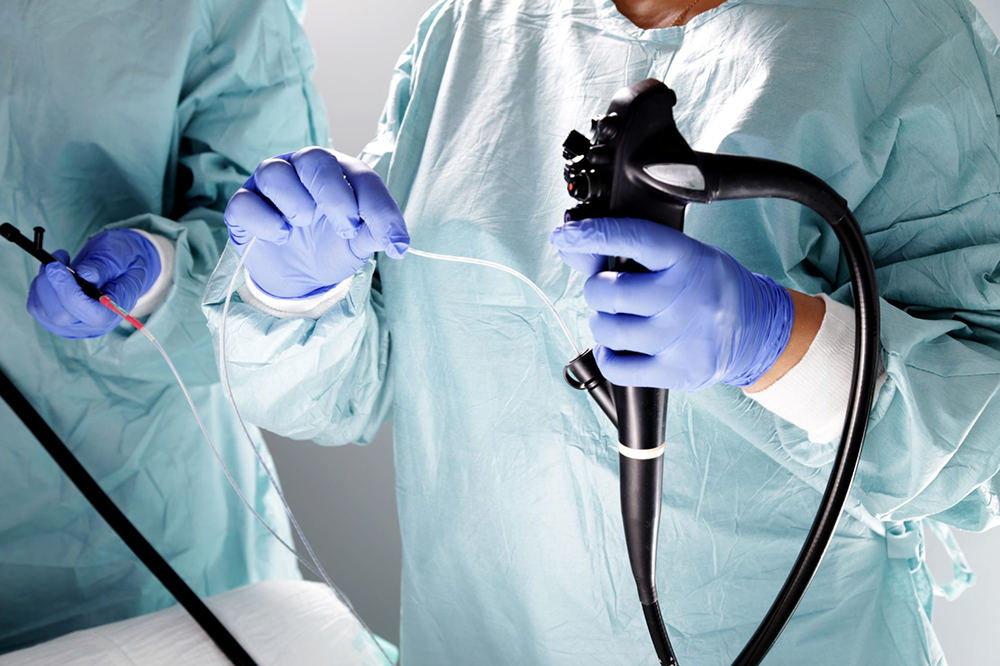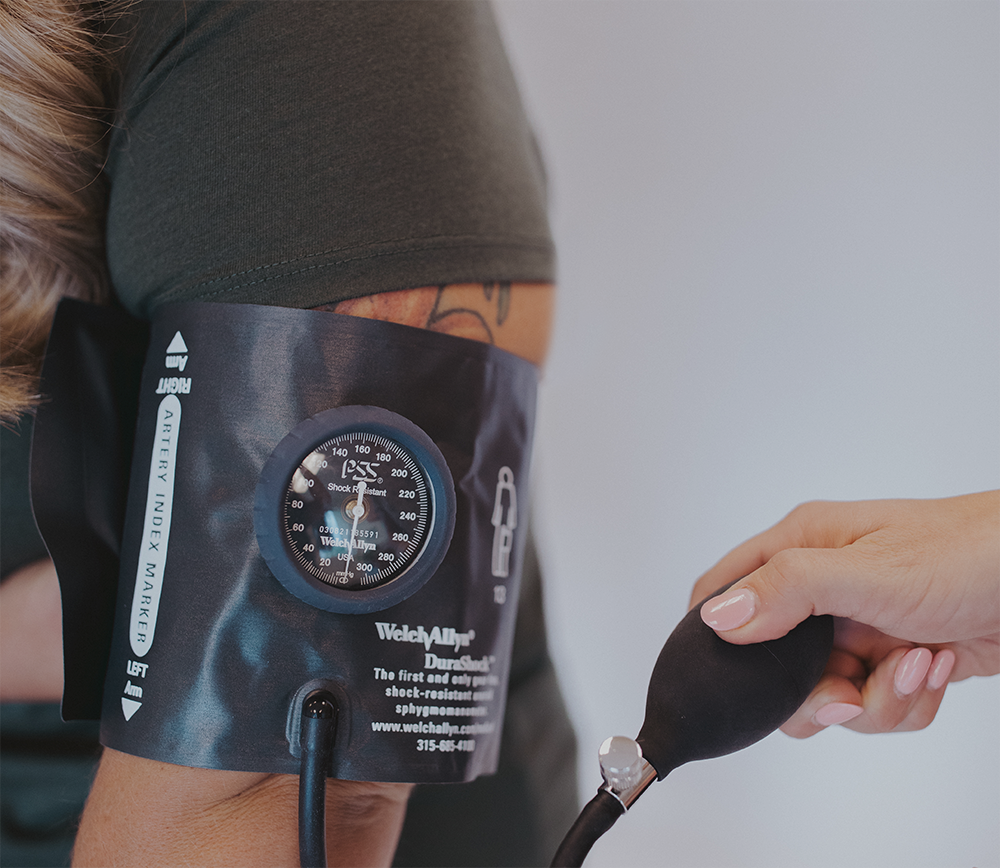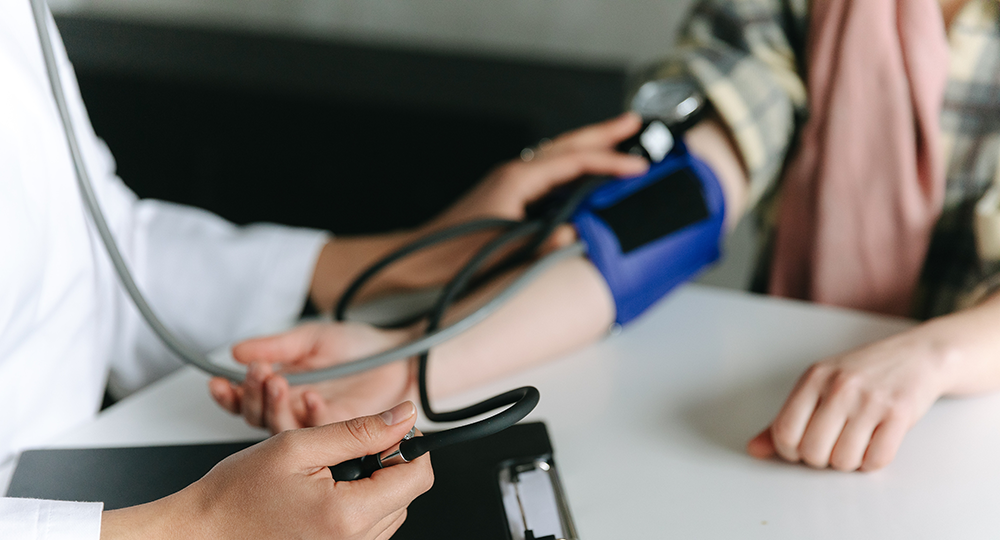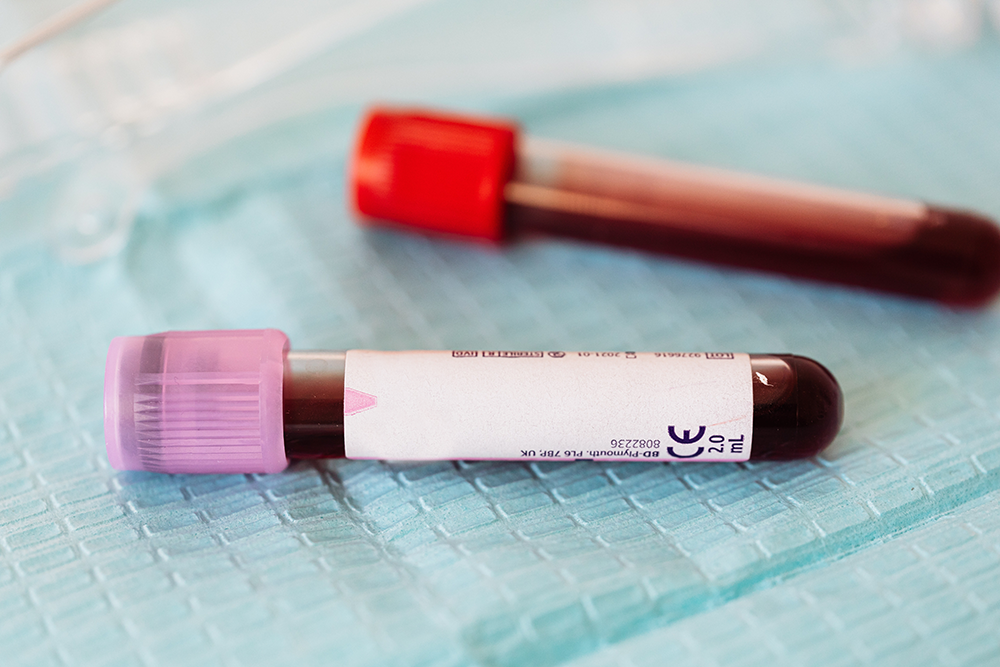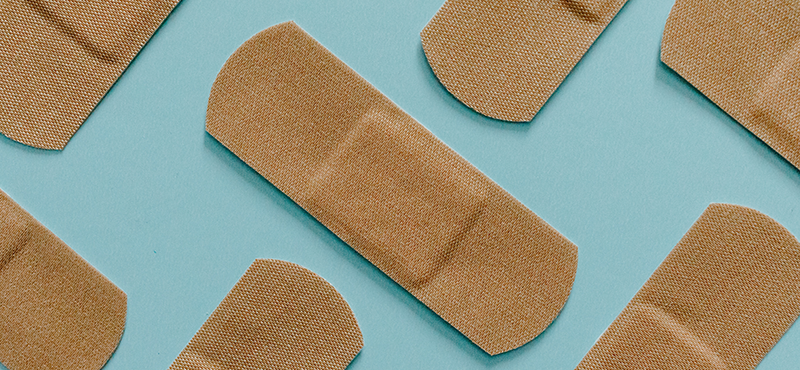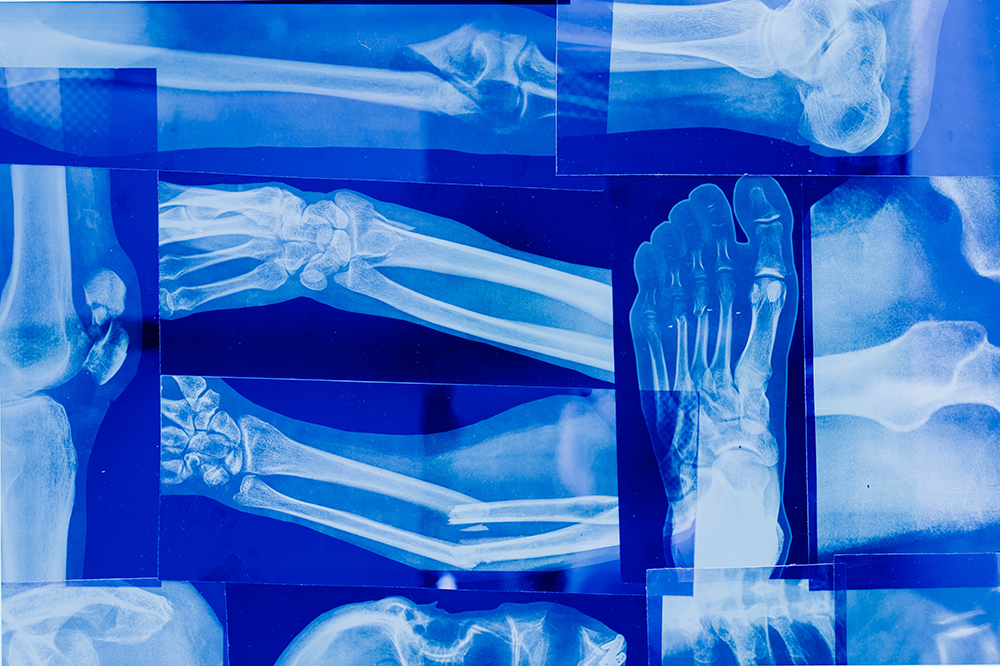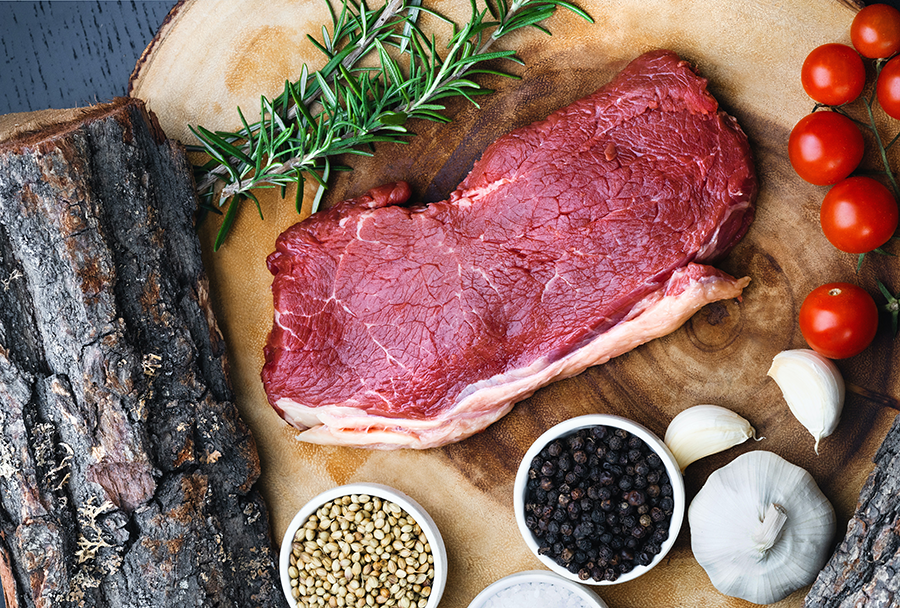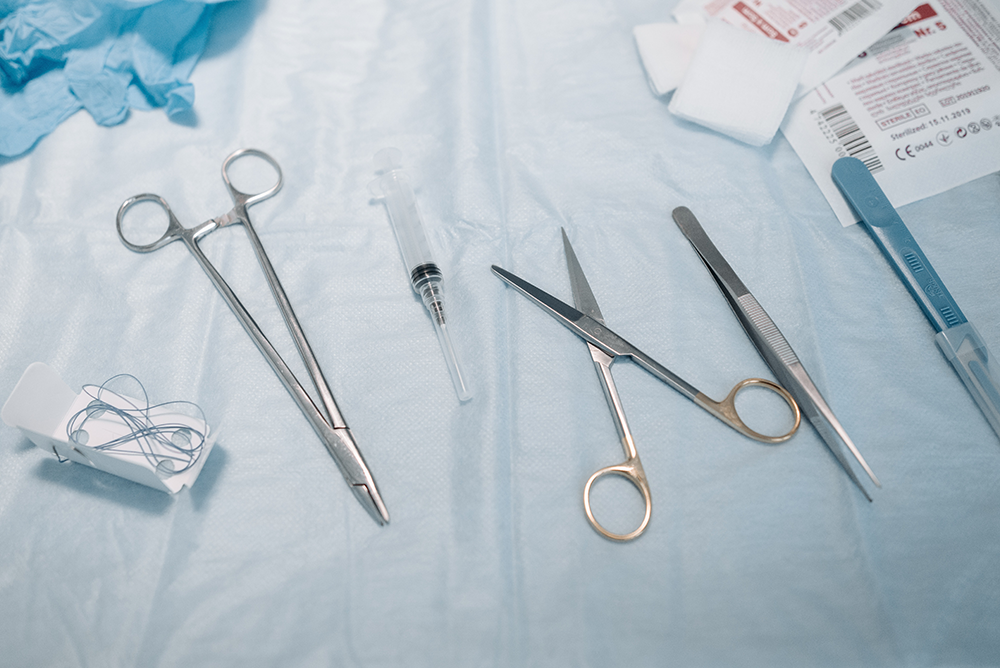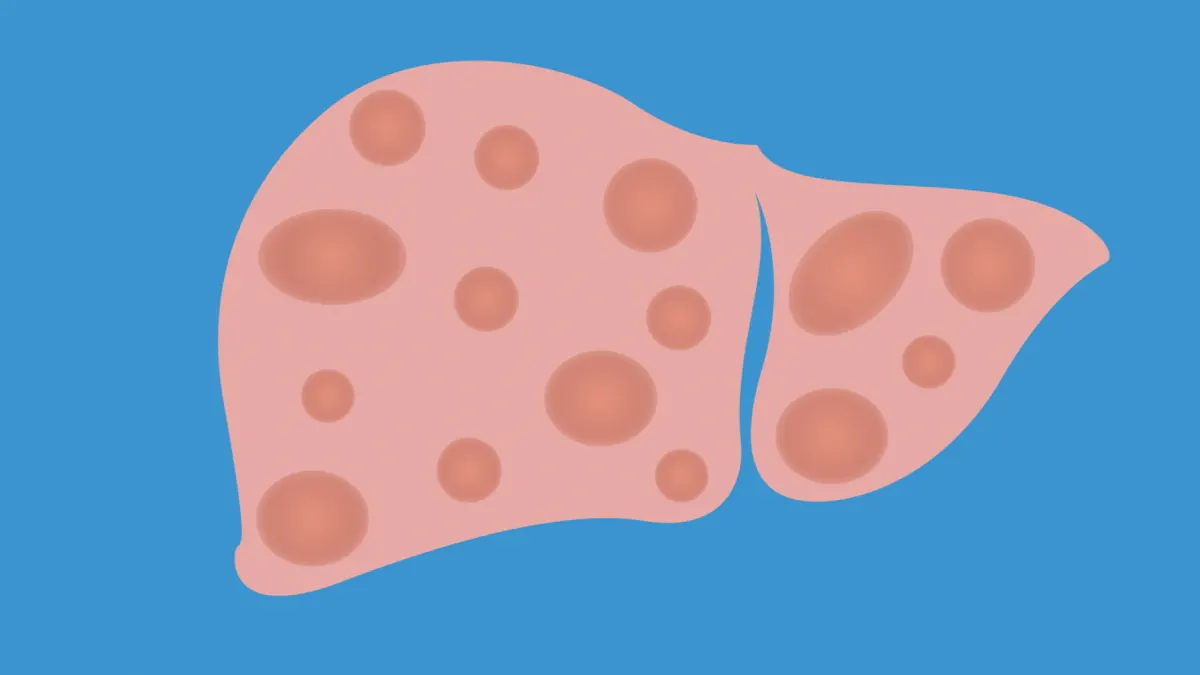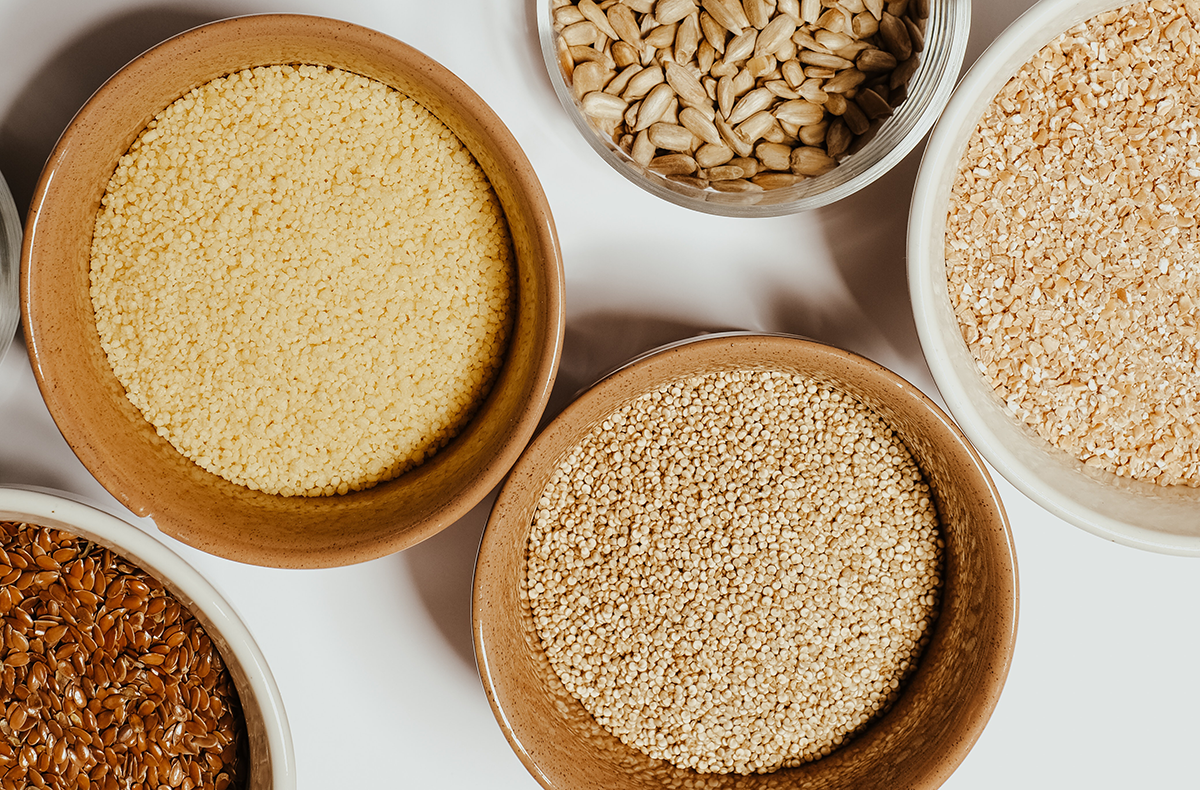Non-alcoholic fatty liver disease (NAFLD) is a growing concern worldwide, particularly in countries like the United States, where it is the most prevalent cause of liver disease. Affecting nearly 25% of adults, NAFLD is closely tied to obesity and metabolic disorders such as diabetes and hypertension. This blog explores what NAFLD is, its link to […]
Posts by: MD Live Healthy
When it comes to combating obesity, modern medicine offers several solutions to help individuals achieve sustainable weight loss. Two of the most discussed options are GLP-1 vs. bariatric surgery. While both approaches aim to tackle the same problem, they differ significantly in their mechanisms, risks, benefits, and suitability for various patients. In this blog, we’ll […]
In today’s demanding world, sleep often takes a backseat to work, social obligations, and other priorities. But what many don’t realize is that neglecting rest can significantly affect more than just your energy levels—it can directly impact your weight. The connection between sleep deprivation and obesity is backed by science, and understanding this relationship can […]
Obesity is more than a health statistic or an economic strain; it’s a condition that affects nearly every aspect of life. While many focus on the financial burden of treating obesity-related health issues, the true impact goes far deeper. The hidden costs of obesity include reduced life expectancy, emotional challenges, social limitations, and more. Understanding […]
Obesity has become a significant health concern in the United States, reaching levels that experts classify as an epidemic. This growing issue not only impacts the health of millions of Americans but also places an immense burden on the nation’s healthcare system. Combating obesity in America requires a deeper understanding of its causes, effects, and […]
Are you ready to take control of your health and explore effective steps for successful weight loss? Obesity has become a global epidemic, with rates tripling worldwide since 1975. In the United States alone, nearly 70% of adults are either overweight or obese. At the current pace, projections suggest that all American adults could be […]
Is your goal for 2025 to prioritize your health and well-being? The New Year provides the perfect opportunity to reset, refocus, and tackle those goals that may have seemed out of reach in the past, and it may even lead you to question is bariatric surgery for weight loss should be on your resolution list. […]
Bariatric surgery, commonly known for its effectiveness in weight loss and management of obesity-related diseases, also plays a significant role in cancer prevention. Obesity is a known risk factor for several types of cancer, and weight loss surgery can substantially decrease this risk by altering body chemistry and reducing body fat, which is often a […]
Bariatric surgery is a transformative procedure that significantly assists individuals with severe obesity in losing weight and enhancing overall health. Despite its numerous benefits, one of the less-discussed outcomes is the risk of developing hypoglycemia after bariatric surgery, a condition marked by abnormally low blood sugar levels. This blog post will delve into the causes, […]
Bariatric surgery, while effective for significant weight loss, often leads to changes in the body’s ability to absorb essential nutrients, resulting in potential vitamin deficiencies post-bariatric surgery. Understanding these risks and managing them proactively is crucial to ensure long-term health and well-being. Understanding the Risk of Vitamin Deficiencies Post-Bariatric Surgery Bariatric surgery modifies the digestive […]
Recent studies have shed light on the significant impact of obesity on male fertility, particularly concerning sperm count and quality. Research from the University of Copenhagen and the Harvard School of Public Health has provided compelling evidence linking obesity with decreased sperm parameters and how weight loss can potentially reverse these effects. Research Insights on […]
Semaglutide, commercially known as Ozempic and Wegovy, has risen to prominence as a potential treatment option for obesity. Initially approved in 2017 by the FDA as a medication for type 2 diabetes under the brand name Ozempic, its use has expanded to include obesity management, particularly with the introduction of Wegovy in 2021. This drug, […]
After undergoing bariatric surgery, many patients anticipate a significant reduction in their hunger levels. While it’s true that appetite usually decreases due to the surgical reduction of the stomach’s size, feelings of hunger post-bariatric surgery can still persist. Understanding why you might feel hungry after surgery is crucial to managing it effectively and maintaining your […]
After undergoing bariatric surgery, managing your surgical incisions properly is crucial to ensure a smooth and healthy recovery. Minimally invasive bariatric surgery typically involves making several small incisions on the abdomen, usually five to six, none of which are more than an inch in length. These incisions are typically closed with absorbable sutures beneath the […]
Dumping Syndrome after Bariatric Surgery is a medical condition characterized by the rapid transit of food from the stomach into the small intestine, commonly triggered by the consumption of foods high in fats and sugars. This condition is prevalent in individuals who have undergone gastric bypass or other types of stomach or esophageal surgeries. Incidence […]
Experiencing hair shedding after bariatric surgery is a common issue, affecting up to 80% of patients. This typically occurs in the initial months post-surgery during periods of rapid weight reduction. The primary causes of hair loss in this context are the physiological stress from sudden weight loss and various nutritional deficiencies. Most patients start to […]
Undergoing bariatric surgery comes with inherent risks such as leaks, bleeding, blood clots, and the development of anastomotic strictures post-bariatric surgery. Anastomotic strictures occur when the surgical connection between the stomach and esophagus becomes constricted. Patients might experience symptoms such as nausea, vomiting, difficulty swallowing, a sense of fullness in the upper-middle abdomen, and problems […]
Reflux after bariatric surgery is a potential side effect, especially following a sleeve gastrectomy. Acid reflux, also known as gastroesophageal reflux disease (GERD), is a common condition where stomach acid flows back into the esophagus, the tube that connects the mouth to the stomach. This back flow usually happens when the lower esophageal sphincter, a […]
The term “diet” frequently surfaces, encompassing various phases like the pre-operative liquid diet, the post-operative soft foods phase, and the long-term commitment to a healthier diet. However, it’s crucial to recognize that the notion of dieting can be misleading and potentially harmful if misinterpreted. The primary aim following bariatric surgery is to guide patients away […]
For individuals grappling with obesity, bariatric surgery is a transformative and significant step towards substantial weight loss and enhanced health and lifestyle. Nevertheless, post-operative nutritional imbalances present a key challenge for both the patients and their healthcare providers. Insights into Nutritional Imbalances Following Bariatric Surgery The alteration of the digestive tract in bariatric surgery, whether […]
Embarking on a weight loss surgery journey is a transformative step towards a healthier life, with the role of bariatric vitamins being an important component in the post-op diet. The reduced size of the stomach and alterations in the digestive process after bariatric surgery, including gastric bypass and duodenal switch procedures, significantly impact the body’s […]
Undergoing bariatric surgery marks a pivotal step in your weight loss journey. To optimize your progress, incorporating into your daily routine smart snacking strategies for weight management is key. Healthy snacks not only stabilize blood sugar levels but also provide a much-needed energy boost and help in managing hunger between meals. However, it’s crucial to […]
Navigating a busy schedule often means that cooking can feel like a tiresome task at the day’s end. For those adjusting to life post-bariatric surgery, meal preparation is a key strategy to manage this challenge, ensuring that making healthy dietary choices doesn’t become an overwhelming burden. This article aims to provide useful tips on meal […]
In today’s fast-paced world, the conversation around enhancing mental wellness is more vital than ever. The rise of digital platforms has sparked discussions on emotional well-being and the importance of shedding unhelpful habits and mindsets. Mental health, encompassing our emotional, psychological, and social well-being, plays a crucial role in every facet of our lives. It […]
Undergoing bariatric surgery is a significant step towards a healthier life. However, the journey doesn’t end with surgery; it continues with how you adapt and maintain your new lifestyle. An essential aspect of this post-surgery journey is monitoring your weight. The process of weighing yourself after bariatric surgery is crucial but must be approached with […]
Recent findings from Weill Cornell Medicine have shed light on the significant relationship between circadian rhythm disruption and obesity. This compelling research, spearheaded by Dr. Mary Teruel, associate professor of biochemistry, reveals how external stressors can escalate fat cell growth when there are misalignments in the body’s internal clocks, linking circadian rhythm disruption directly to […]
Emerging research has discovered a concerning impact of a high-fat diet on cognitive health. A groundbreaking study by neuroscientists at the University of South Australia unveiled a definitive correlation between such diets and the onset of mental health disorders like depression, anxiety, and the exacerbation of Alzheimer’s and dementia in mice. This study also highlighted […]
Experiencing food cravings post-bariatric surgery is quite common. However, these cravings can pose a challenge for those committed to maintaining a nutritious diet. It’s comforting to know that these cravings are often linked to chemical imbalances in the body, and understanding this can greatly assist in controlling them. Decoding the Science of Cravings Extensive research […]
Navigating the path to healthier eating, can often be challenging, especially when faced with persistent sugar cravings after bariatric surgery. Understanding the science behind these cravings is key to managing them effectively. This article delves into the hormonal and blood glucose factors that drive our desire for sugar, and offers strategies for controlling these cravings. […]
Bariatric surgery, a transformative procedure for those seeking weight loss solutions, involves a meticulous process of modifying the stomach’s structure. This is achieved either by reducing its size or, in procedures like gastric bypass or duodenal switch, rerouting the small intestines to a newly created stomach pouch. An integral part of this surgery is the […]
Bariatric surgery has evolved significantly over the years, introducing new techniques and procedures to assist individuals in their weight loss journey. Among these, the Single Anastomosis Duodeno–Ileal bypass with Sleeve Gastrectomy (SADI-S) has emerged as a notable alternative to the traditional Duodenal Switch (DS). This blog aims to illuminate the distinctions and advantages of SADI-S […]
Our emotions significantly influence our dietary habits. It’s quite common for intense feelings to disrupt our eating patterns, often leading to a sense of losing control over food intake. This phenomenon connects closely with the relationship between depression and weight gain, which isn’t solely a result of external factors but also involves chemical imbalances in […]
For those who have had bariatric surgery, managing weight gain after the holidays is as important as being cautious during the festive season. The festive period, with its array of tempting foods and celebratory events, often leads to a slight increase in weight. This gain, though seemingly small, can accumulate and potentially hinder the progress […]
Several years ago, a study analyzed a group of patients and how bariatric surgery improves long term quality of life in type 2 diabetics. STAMPEDE (Surgical Treatment and Medications Potentially Eradicate Diabetes Efficiently) trial is the largest randomized trial with the longest follow-up. The evidence presented found potential benefits of bariatric surgery for patients who have uncontrolled […]
Food addiction is a complex phenomenon that affects many individuals. Understanding the science behind food addictions can shed light on the underlying mechanisms and contribute to effective strategies for managing this condition. Studies have confirmed that food addictions are real and can lead to obesity as a result of uncontrolled eating. The science behind food […]
Gastric sleeve surgery is a weight loss procedure that can offer significant benefits for individuals struggling with obesity. However, not everyone is a suitable candidate for gastric sleeve surgery. In this article, we will explore the key factors that determine whether you are a potential candidate for gastric sleeve surgery. What is the Gastric Sleeve […]
Losing a significant amount of weight through weight loss surgery is a commendable achievement. However, it is common for individuals to experience loose skin after bariatric surgery due to the rapid weight loss. The extent of loose skin varies from person to person, depending on factors such as the amount of weight lost, the rate […]
After undergoing gastric sleeve surgery, it’s important to the gastric sleeve diet plan to support the healing process, ensure proper nutrition, and achieve long-term weight loss success. This article provides guidance on what to eat and when to eat after gastric sleeve surgery. The Phases of the Gastric Sleeve Diet Immediately after surgery, the gastric […]
When it comes to weight loss surgery, deciding whether to have the gastric bypass or gastric sleeve procedures is a common question many patients have. These procedures are designed to help individuals struggling with obesity achieve significant weight loss and improve their overall health. The gastric bypass and the gastric sleeve are excellent options for […]
Studies have investigated the metabolic effect of bariatric surgery and the impact it can have on a patient’s long term weight loss success. Bariatric surgery is most commonly classified as restrictive, meaning the procedure restricts how much food you can eat, and malabsorptive, the procedure alters how your body absorbs nutrients. Through these two effects, […]
A weight loss stall after bariatric surgery can be very frustrating, especially if you have experienced success thus far on your weight loss journey. You can feel defeated when the number on the scale doesn’t budge despite all the hard work you have put into your health journey. 8 Tips to Overcome a Weight Loss […]
Several studies have outlined the link between cancer and obesity. Although it is undetermined why obesity leads to an increased risk of cancer, it is believed to be due to the inflammation in visceral fat. Obesity increases the risk of 13 different cancers, which make up 40% of all cancer cases diagnosed in the United States […]
Ulcers after bariatric surgery are most common after the gastric bypass, although they may also occur after a gastric sleeve, a duodenal switch, or a gastric band. An ulcer is a sore in the stomach lining that, if left untreated, can cause pain, bleeding, or even result in perforation (a hole). The incidence of ulcers […]
With bariatric surgery comes the risk of developing nutritional deficiencies. Bariatric surgery alters the anatomy and digestive tract, playing a significant role in vitamin and nutrient levels post-operatively. These nutritional deficiencies after bariatric surgery can cause neurological disorders if left untreated. A nutritional deficiency is most commonly a result of malnutrition caused by not eating […]
The idea of losing weight may seem so achievable, that is until life gets in the way. Finding time to incorporate healthy activities and self-care can be hard to balance between work, family matters, social obligations, and keeping the house in order. In this blog, we give you some tips for how to lose weight […]
Weight loss after bariatric surgery is centered around eating a healthy diet, with many patients wondering if they should be tracking calories vs. macros to optimize their journey. Nutrition after bariatric surgery is a key component to achieving long-term weight loss success. With all kinds of fad diets emerging, one of the most fundamental concepts […]
Obesity is the most significant health epidemic in the world with studies finding that obesity can shorten life expectancy by up to 10 years. Every year, around 2.8 million people die due to weight related health complications making obesity the 5th leading cause of death worldwide. The reality is that the obesity directly or indirectly […]
Weight fluctuations after bariatric surgery are more common than many patients are led to initially believe. Weight loss surgery can help patients lose a significant amount of weight; however, it does not come without changing lifestyle habits, including diet and exercise. Weight fluctuating between +/- 5 to 10 pounds is completely normal and happens to […]
The most successful post-bariatric patients follow the guidelines of their bariatric care team when it comes to knowing what foods to avoid after weight loss surgery. The number one reason for a weight-loss stall or weight regain is poor eating habits. There are many “rules” surrounding the post-bariatric diet, and it can quickly become overwhelming. […]
Medications after bariatric surgery will vary significantly depending on the type of bariatric procedure you had as well as how rapidly your health improves. Obesity is associated with many health conditions, such as diabetes, hypertension, cancers, and arthritis. Studies have found that around 80% of bariatric patients had comorbidities in the pre-operative state, and most of those individuals were/are […]
Obesity is a dangerous disease linked to over 60 medical conditions, including diabetes, heart disease, cancers, hypertension, and other serious illnesses. Combined with the health concerns associated with a higher body mass index (BMI), a relatively new study has found that obesity affects brain volume. In this UK-based research study, the team at Biobank examined ~10,000 individuals […]
Talking to a loved one about obesity can be a difficult conversation. Obesity affects nearly 42% of the American adult population, so the chances that you know someone who is suffering from this disease is very high. In most cases, your loved one likely knows they are overweight and are aware of the complications of […]
The gastric bypass diet is very particular, with your bariatric care team having specific protocols for how you need to eat at various stages post-operatively. The gastric sleeve and gastric bypass diets are pretty similar in concept, so feel free to use this as a guide for either surgery. The gastric bypass diet phases consist […]
The gastric bypass, or Roux-en-Y Gastric Bypass, is the oldest and most commonly performed bariatric surgery procedure. It consists of cutting and stapling the stomach to create a smaller pouch while also re-routing the intestines. Gastric bypass surgery helps patients lose weight by restricting the amount of food a patient can consume and creating a malabsorptive […]
An EGD after gastric bypass surgery is required in some cases when the patient is experiencing discomfort or unwanted side effects. Typically, 80% of our patients will have surgery and have no issues at all. Yet, about 20% of patients will have varying degrees of problems. What is an EGD? Almost all bariatric surgeons will […]
Gastroesophageal reflux disease is the back-flow of acidic or non-acidic stomach contents into the esophagus. Gastroesophageal reflux disease (GERD) is characterized by symptoms, with or without tissue damage, that result from repeated or prolonged exposure of the lining of the esophagus to acidic or non-acidic contents from the stomach. GERD is very common, affecting up […]
As bariatric surgeons, our goal is to improve the long-term outcomes for our post-bariatric surgery patients, including decreasing the need for a weight loss surgery revision. Bariatric surgery results in a physiologic reset within the body that helps patients lose weight and maintain that weight loss long term. However, in some circumstances, a patient may […]
Weight loss surgery is considered an elective procedure, defined as a surgery that “may be delayed for months without threat to life or organ damage.” Yet, surgeons and medical professionals recognize the dangerous effects of obesity, urging insurance plans to change their policies to support bariatric coverage. Due to the decreased quality of life and […]
The obesity epidemic in America is a growing concern for our country. Over 40% of the American population is considered obese. Obesity can significantly increase a patient’s healthcare costs and negatively impact overall quality of life. Studies show obesity can reduce a patient’s life expectancy up to 10 years and significantly increases the risk for many […]
Obesity is quickly becoming the most consequential health epidemic in the United States. Obesity is defined as the accumulation of body fat to the point where it becomes detrimental to your health. The effects of obesity on your health are substantial. As an individual’s weight increases, so do the risks of developing significant medical issues […]
One of the most common questions in the field of bariatrics is asking, “can your stomach pouch stretch after bariatric surgery?” Patients want to understand what they can expect regarding stomach size long-term after a gastric bypass, gastric sleeve, or duodenal switch. Despite height and weight, almost all adults have the same stomach size. Before […]
There is a strong link between obesity and hypertension. Many studies have related obesity and hypertension, placing patients at an increased risk of long-term health effects. Essential hypertension is a type of high blood pressure resulting from lifestyle habits, not a medical condition. Essential hypertension is often caused by obesity and an unhealthy lifestyle. Hypertension is the […]
Donating blood is a great way to support sick people who need a blood transfusion. If you donated blood before having bariatric surgery, you might be wondering if you can continue donating blood after weight loss surgery. What to Know About Donating Blood after Weight Loss Surgery About 70% of the body’s iron supply is found in […]
As the most prominent communication and information-sharing platform, social media greatly influences the diet culture, sometimes sharing unrealistic weight loss expectations. Social media diet culture and trends are constantly moving and changing, with users sharing “newer” and “better” diets to follow. Although not all are necessarily bad, basing your weight and food intake on someone […]
Bariatric vitamins are required for all post-op bariatric patients to prevent vitamin deficiencies. All weight loss surgery procedures cause a restrictive effect, meaning your stomach pouch size is smaller, so you can not intake as much food to keep your vitamin levels up. Likewise, the gastric bypass and the duodenal switch produce a malabsorptive effect […]
Finding confidence after bariatric surgery isn’t hard in the first few months post-operatively. One of the many benefits of bariatric surgery is the confidence you will gain after losing weight. The first few months after surgery are euphoric—the weight is coming off, and you feel much healthier. In many cases, patients will maintain most of […]
Portion control after bariatric surgery is a word that is frequently heard in the weight loss industry. Like any doctor or nutritionist will tell you, you cannot successfully lose weight without limiting the amount of food you consume during each meal. Although the right portion size is different for every individual depending on your height, […]
Weight loss surgery is an invasive procedure that requires a recovery period. However, it may not be as extensive as you think. In this blog, we will discuss what to expect from the bariatric surgery recovery process. The recommendations we make in this article apply to all of the weight loss surgery procedures and largely apply […]
Hormones play a significant role in every bodily function including how you respond to stress on the body, causing many hormonal consequences of bariatric surgery. Hormones are chemical messengers that regulate processes in our body. The hormones leptin, ghrelin, insulin, sex hormones, and growth hormones influence our appetite, metabolism, and body fat distribution and are […]
With more than half of society considered obese and roughly 20% in a weight range that would qualify them for weight loss surgery, much attention has been focused on treating obesity more as a medical problem and less of a social concern. Obesity has become one of the most significant public health risks and affects […]
Weight loss surgery adds a lot of stress to your life and can ultimately lead to addictions after bariatric surgery if you are not managing your mental health properly. Many bariatric patients suffer, or have suffered, from psychological conditions such as anxiety, depression, loneliness, and difficulty handling the social stresses of being overweight. Bariatric surgery […]
We talk a lot about life after bariatric surgery on our blog, yet there are still some side effects of bariatric surgery that we haven’t really covered. After any form of extreme weight loss, whether through bariatric surgery or diet and exercise, your body will begin to react in different ways. Weird Side Effects of […]
Bariatric surgery impacts a woman’s menstrual cycle by helping women lose a significant amount of weight and better regulate their hormones and bodily functions. Studies have found that bariatric surgery is the most effective method of treating irregular periods in obese women resulting in a 35% decrease in irregular menstrual cycles. Bariatric Surgery Impacts a Woman’s Menstrual […]
Healthy eating after weight loss surgery is critical to long term weight loss success. Food is fuel for your body. Scientific and medical research have shown that healthy nutrition can decrease your risk of developing specific medical conditions. When you understand the science behind the food you eat, choosing nutritious foods is easier. Yet changing old […]
Calcium and vitamin D deficiencies are common after bariatric surgery due to the malabsorptive nature of the procedures. Bariatric surgery alters the anatomy and digestive tract, playing a significant role in vitamin and nutrient levels after bariatric surgery. In particular, bariatric surgery impacts bone density due to malabsorption, alteration of the intestinal tract, weight loss, […]
The topic of chronic headaches after bariatric surgery has come up pretty frequently, and we want to give you a frame of why people get headaches after bariatric surgery and some remedies you can use, and how we typically treat these. One of the critical things about headaches is whether or not you have them […]
Weight loss surgery is an invasive procedure that requires a recovery period. However, it may not be as extensive as you think. In this blog, we will discuss recovery after gastric sleeve surgery and what to expect. The recommendations we make in this article are what we generally tell our patients; however, this may not be […]
Following a vegan diet may improve your overall health and long-term quality of life, which can become quite attractive when considering incorporating this new form of eating into your lifestyle. Yet before you jump into eating a plant-based diet, there are a few things to consider. Here are ten things you can expect when switching […]
Veganism and following a vegan diet has become trendy, whether for health reasons, environmental concerns, or ethical motivations. Whatever the reason, it is entirely safe and healthy to follow a vegan diet after bariatric surgery. You may have to be a little more creative and careful with the foods that you pick. On a vegan diet, […]
The vegan diet has become a popular form of eating in more recent years. With celebrities and influencers touting the health benefits of a vegan diet, you may be curious about what it means to be vegan and why everyone follows this trend. A vegan diet, otherwise known as a plant-based diet, is a way […]
Eating too fast can make you gain weight after bariatric surgery and can be bad for your overall health. Maintaining a healthy lifestyle after surgery is not just about how much you eat, but the pace at which you eat. Throughout the bariatric process, we will teach patients to have a healthy relationship with food and […]
Before weight loss surgery, most bariatric surgeons will require their patients to have an upper endoscopy with a gastroenterologist to review the anatomy of their stomach and esophagus. A gastroenterology appointment before weight loss surgery is really about risk management. By sending you to a gastroenterology consultation to evaluate your esophagus and your stomach, we […]
Understanding how much to eat after bariatric surgery depends on many factors. However, one piece of advice given to anyone who goes through weight loss surgery is to eat protein. Protein is a huge part of your diet after weight loss surgery, and knowing how much to eat after bariatric surgery is a significant factor in […]
Today we’re going to talk about drinking after weight loss surgery and some of the negative impacts alcohol can have on weight loss surgery and your post-op care. Alcoholism has its own set of issues and complications, and we won’t be going into that specifically. But we will be talking about how to handle drinking after […]
Eating after bariatric surgery has many different components, so truthfully, there is no perfect plan for everyone to lose weight. There are many diets and programs for weight loss, and of course, our bodies will respond differently to each. However, one main component for weight loss can apply universally for anyone trying to lose weight: […]
Bariatric physical therapy is crucial to the whole process of weight loss surgery. Research shows that patients who undergo bariatric surgery need a consistent source of physical activity counseling, which we believe can be fulfilled by a physical therapist. This blog will delve deeper into physical therapy and the importance of activity in your weight loss journey. […]
I have many patients come to me, and they say they feel as though the gastric sleeve is right for them based on their weight loss goals. When I ask the patient what they think the gastric sleeve is, I sometimes get crazy explanations. Most commonly, I hear from them that they believe it is […]
When you need to lose 100+ pounds, getting started on a weight loss plan can be daunting. Most of our patients tell us that the weight gain happened over a period of several years, but it is one triggering event that acts as a “wake-up call” to their health. They might’ve held a little extra […]
For bariatric patients, a low-carb diet is the most recommended way of eating to lose weight and maintain your weight loss after bariatric surgery. Hopefully, you have learned the importance of a low-carb diet at your bariatric program. However, if you are searching for resources online about getting started, this is a great place to look. […]
After bariatric surgery, strenuous exercise can be very challenging depending on your mobility. However, that doesn’t mean you can’t lead a healthy life. Thankfully, there are ways you can lose weight without exercise after bariatric surgery and without following an intense workout routine. We put together the following advice to help you lose weight when […]
There is a strong link between obesity and pregnancy complications which can lead to long term health concerns for both the mother and the baby. Women who are overweight and looking to become pregnant may be at risk of pregnancy and delivery complications. These complications come when a mother is considered overweight before becoming pregnant. […]
Bariatric providers require patients to take a bariatric multivitamin after weight surgery, along with other vitamins, to ensure optimal health. After bariatric surgery, the digestive tract will be altered, reducing the amount of vitamins and minerals absorbed by the body. Therefore, to avoid malnutrition, patients will be required to take vitamins for life after their […]
Diabetes is a condition in which the body is unable to produce insulin properly. This causes excess levels of glucose in the blood. The most common types are type 1 and type 2 diabetes. Maintaining your blood sugars in a safe range may minimize the symptoms you experience. Short-term symptoms of high blood sugar can include frequent thirst […]
Getting enough sleep each night is critical to your overall health and impacts many of your bodily functions—including your mood, mental clarity, immune system, and disease risk factor. Furthermore, sleep also plays a vital role in managing your weight as it influences your hormones and metabolism. Yet, not only can a lack of sleep lead […]
Cheat Days have become a popular trend amount dieters and fitness enthusiasts alike. Life after bariatric surgery comes with many changes, the most significant being a change in your eating habits. Transitioning from a diet high in carbs and fatty foods to the typical post-op diet low in carbohydrates and high in protein can be […]
Metabolism is the chemical process of converting calories into energy, otherwise known as how fast your body will burn the calories you consume. Having a high metabolism correlates to a better ability to lose weight and keep weight off. Several biological and physiological factors (gender, age, body composition, genetics) contribute to the rate at which […]
Exercise is essential for keeping your body moving and functioning, especially after bariatric surgery. Several studies show that the body was designed to move and works best when it is active; otherwise, a sedentary lifestyle can weaken the muscles, heart, and lungs and lead to bone deterioration, joint stiffness, and more. Unfortunately, many people lack the motivation […]
Loose skin after weight loss surgery is inevitable if you have lost a significant amount of weight. Although there are many benefits to bariatric surgery, including improved health, longer life expectancy, more mobility, fewer health complications, and extreme weight loss, of course, there is the risk of having loose skin after weight loss surgery. With […]
Non-alcoholic fatty liver disease and obesity are strongly correlated. Non-alcoholic fatty liver disease (NAFLD) is a condition in which an individual has excess fat stored in the liver cells. As the name suggests, this type of fatty liver disease is not caused by excessive alcohol consumption but instead is a result of excess weight. Non-alcoholic […]
It is not unusual to become overwhelmed and confused when sifting through the latest nutritional data to improve your health after bariatric surgery. However, when it comes to improving your diet, sometimes the little steps can make a big difference. Here are five foods that you can substitute for healthier options to improve your overall […]
blog










